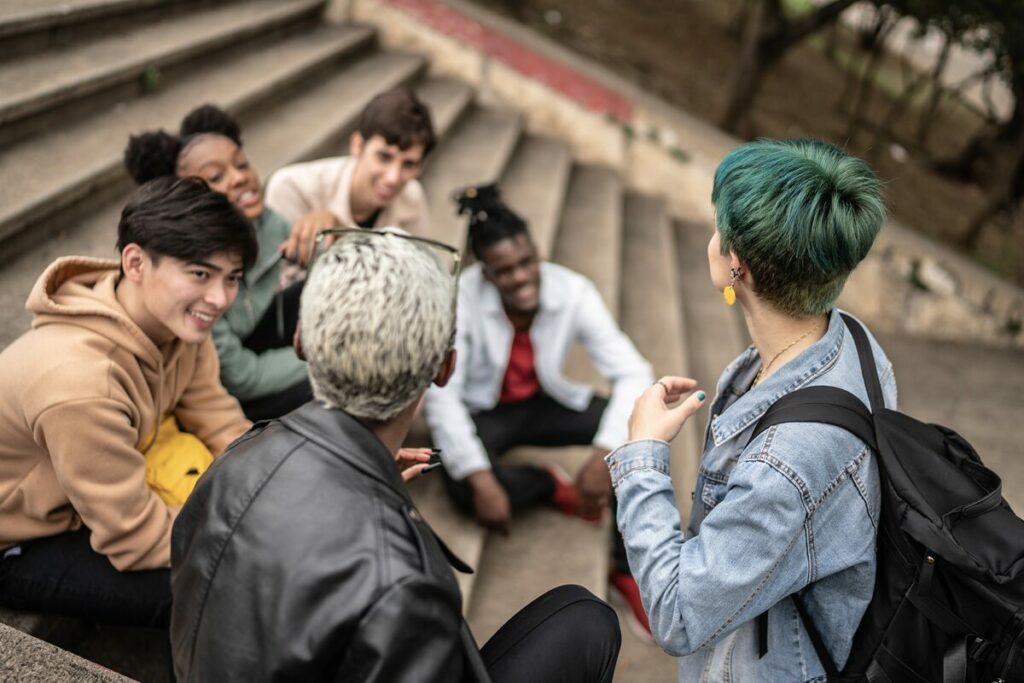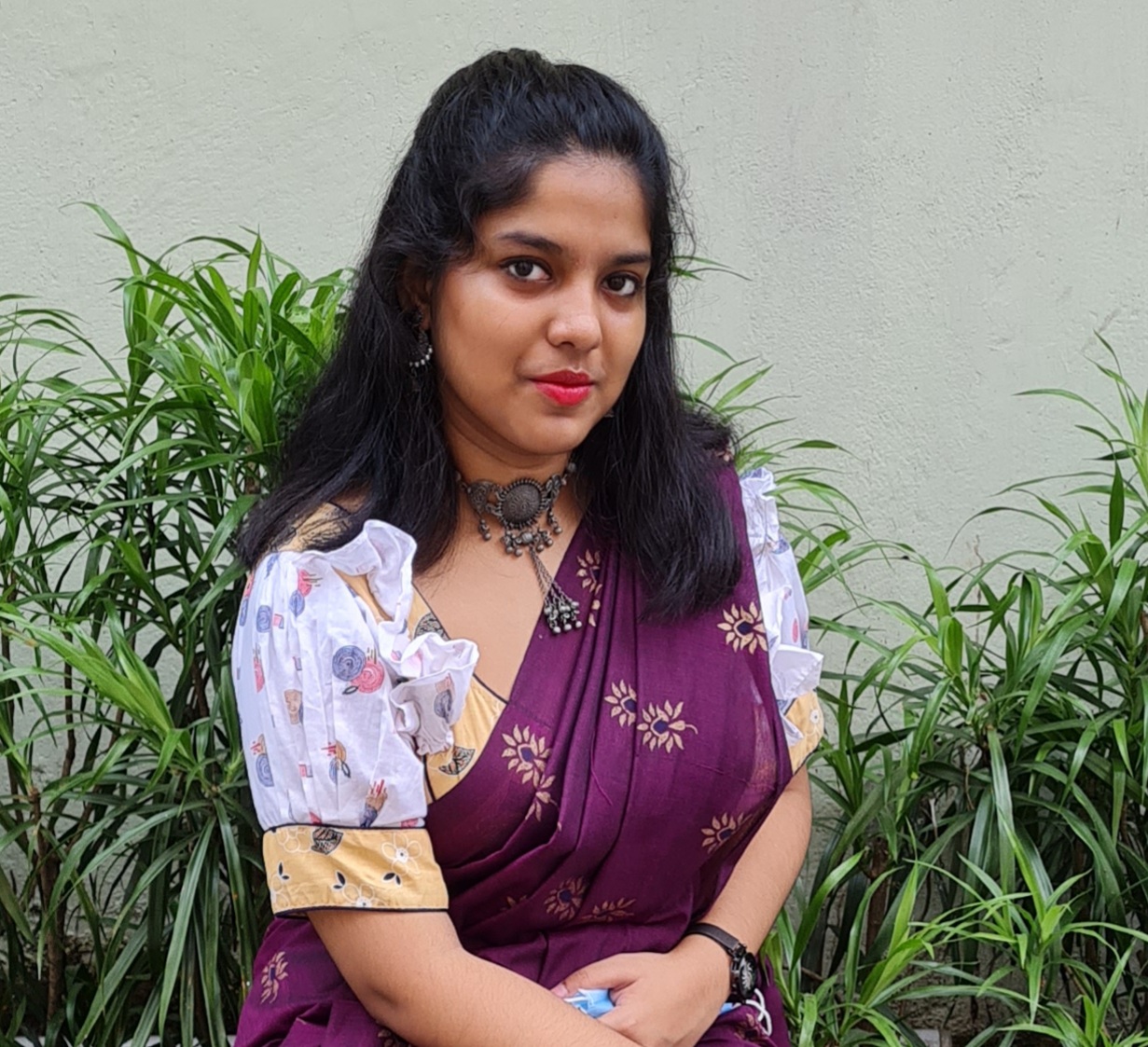I no longer view my potential future as discipline-specific. I know the main tenets of A) who I am to myself, B) who I am in relation to society, and C) what brings me the most meaning and joy.
Ina, Young Learner
The way we learn, earn, and live is constantly changing. Automation, economic shocks, and most recently, the health pandemic, have demonstrated how fragile the work environment is. Yet, emerging patterns like remote teams, gig work, lifelong learning, and the creator economy have shown us how resilient human nature is in the face of adversity.
At Ikigai Data, based in London, UK, we work with 16-26 year-olds to help them get closer to their Ikigai — their reason for being — so they can aspire to more rewarding careers and lives. As described by Positive Psychology, “Ikigai (ee-key-guy) is a Japanese concept that combines the terms iki, meaning ‘alive’ or ‘life,’ and ‘gai,’ meaning ‘benefit’ or ‘worth.’ When combined, these terms mean that which gives your life worth, meaning, or purpose. Ikigai is similar to the French term ‘raison d’etre’ or ‘reason for being.’”
We asked some of the young people who took part in our flagship Career Discovery Series what their vision is for education and career programmes that work around their needs. And, what challenges and opportunities they see for themselves in this changing world of work. This is what they had to say:
What types of learning opportunities do you wish more young learners had access to?
- Ava – I honestly wish that more young learners knew about all the different careers out there, not just the stereotypical doctor, lawyer, nurse, or teacher — those taught in school.
- Martin – I think teachers in middle school and high school should recommend students participate in career workshops that can help students with interviewing, setting up a LinkedIn page, and participating in career assessments to find what types of jobs these students should apply for based on their strengths and personality.
- Ila – I wish young learners had opportunities to work more in sectors that they care about that are either paid/offered in the spirit of reciprocity. I also wish they had more space to reflect on what it is they want to do with this life.
- Ina – I think all learning opportunities must be context-based, but lately, I’ve really been thinking about a learning model based on Praxis (as referred to by Paulo Freire, Hannah Arendt, and many others) that has helped me the most. My Praxis was stimulated by having mentors, the liberty to engage in transdisciplinary thinking, and hands-on learning. But, in my opinion, the structure of schools should be re-designed so that students don’t have to engage with more educational opportunities outside the classroom. The classroom should be already meeting our learning and socio-emotional needs. It’s honestly draining and overwhelming to go to class, and then have to find a community, two hobbies, a mentor, an internship, and extra-curricular activities outside of school. When are students supposed to rest? These learning opportunities need to converge with cognitive needs. Humans need to fulfill their sense of belonging and their sense of meaning-making.
The Career Discovery Series definitely helped me to understand what my inner self loves to do and what I should do for my job. I was also able to connect with people who supported my decisions and guided me to listen to what I wanted as opposed to what others wanted of me.
Ava, Young Learner
How has the Career Discovery Series impacted your understanding of yourself and the kind of work that you might want to do?
- Ava – The Career Discovery Series definitely helped me to understand what my inner self loves to do and what I should do for my job. I was also able to connect with people who supported my decisions and guided me to listen to what I wanted as opposed to what others wanted of me.
- Martin – The Career Discovery Series helped me with my passion for books and disability advocacy.
- Ila – I am clearer about what I don’t want and able to use Ikigai as a tool to see if opportunities match my desires and skills. I feel more confident to take charge of my working life.
- Ina – It allowed me to get creative with my career choices. I no longer view my potential future as discipline-specific. I know the main tenets of A) who I am to myself, B) who I am in relation to society, and C) what brings me the most meaning and joy. I use those three as guidelines to imagine and pursue a career in which I am both fulfilling my intentions of leading a meaningful life, and staying true to who I am (while having fun of course… fun is crucial).
If you could redesign your school transcript so that it better supports your future education/career opportunities, what would it look like?
- Ila – If I could redesign school transcripts, it would look much more like a portfolio/letter with some of the work I am most passionate about featured there and descriptions of how I work and who I am outside of school.
- Ina – I would probably place more emphasis on my skills. It’s really unnerving that the things I have dedicated most of my time and energy to (activism, sports, dance, leadership) are not apparent in my transcript. Our culture tells us that we must constantly refine this individual brand that is our identity, but then NONE of our educational histories are individualized in any form. I would’ve liked to have a say in what went in my transcript — not to hide anything, or to deceive, but to have a say in my own documents. I really dislike it when I don’t get to have a say in my official school documents. In a transcript, I’d put more emphasis on skills, artistic hobbies, and leadership experience.
How have mentors played a role in your career mapping and discovery?
- Ava – I had never really talked to a mentor about my future career options. However, when I entered the Career Discovery Series, I was able to talk one-on-one with mentors who could guide me and help me without the bias of being affected by my future career!
- Martin – My career mentors helped me with my interview skills, figuring out possible library careers, and job applications. They even helped me with referrals to a disability job agency called the Department of Rehabilitation.
- Ila – I haven’t been formally mentored but informal relationships with people who have been working for longer than me have been really helpful as they give me ideas about where I may want to go.
- Ina – I cannot emphasize this enough: Mentors have affirmed my sense of who I am. I can easily recall four or five mentors who have shaped pivotal parts of who I am. I’m not really a fan of “mentorship programs” for the same reason that I am not a fan of anything that doesn’t feel organic. I think the role of an educator must include teaching and mentorship. Most of the cultures that we’re a part of have had sages, mystics, or the elderly to share storytelling, messages, and traditions from our ancestors. It would be a great loss to no longer have someone to look up to, to ask for advice. The way my mentors have played a role in my career mapping is by helping me become more of who I already am. A mentor is crucial to help us dissolve our uncertainties regarding our career paths, by guiding us in building a self that is firm and not confused or easily wavered by doubts.
Instead of scripting out a static, ill-informed career path, our young people are supported to make space to explore their interests and their strengths and how they are changing. And, they take time to discover and experiment with emerging jobs and skills which might be a great fit for them (even those they might never have heard about before).
With the support of expert techniques and toolkits, we help them develop the mindsets and skill sets to turn fear into curiosity and limiting beliefs into greater self-awareness. We want our young people to continue to explore, make, and manage complex career decisions toward more purposeful career lives. If you are curious to find out more, including our Career Discovery Series, visit our website, follow us on LinkedIn and Instagram and get in touch with us via email at g.fasso@ikigaidata.com. We’d love to hear from you!

